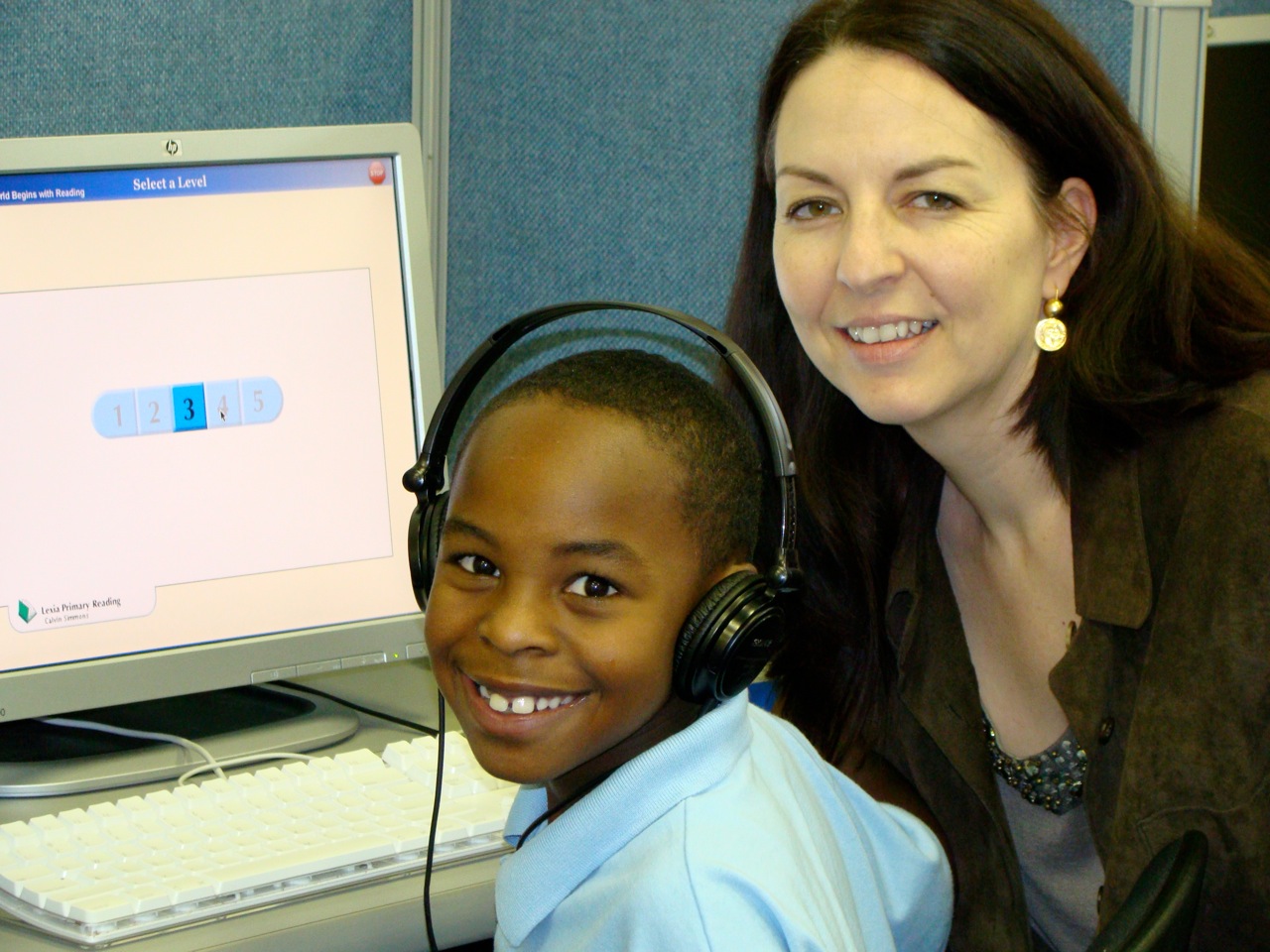
by PRIDE Reading Program Admin | Mar 12, 2017 | A PRIDE Post, ADHD
Following directions is one of the most difficult tasks for a child with ADHD to master. Children with ADHD are easily distracted and have a tendency to get sidetracked a lot. With a lot of patience and support, you can help your ADHD child learn to follow directions using these very simple tips and strategies.
1. Organize and simplify the directions:
Keep the directions as simply stated as possible so that your child with ADHD can remember them easily and not get lost in your words. Make the most important information stand out. “Sara, I want you to get your jacket, get your backpack and put on your shoes, then come back here to me. Got that? Jacket, backpack, shoes. Go!”
2. Use multisensory strategies to help the memory:
You can sing and dance the directions with your ADHD child. “jacket, backpack, shoes, yee-hah!” You can have your child clap his hands or tap the table for each step he needs to do.
3. Teach your child to repeat the directions:
Have your child repeat each direction a few times. “get out a piece of paper, a pencil and write my name at the top of the paper. Paper, pencil, name. Paper, pencil, name.”
4. Make charts for procedures or routines that are repeated:
This is especially helpful for organizing and keeping a routine. For example if you have a list of items that need to be done each day before school you can create a checklist.
1. _____ make my bed.
2. _____ put dirty clothes in the hamper.
3. _____ feed the dog.
As your child completes a step, he/she can check that step off the list. This will give your child some direction and keep the attention on the task at hand.
5. Be supportive and stay positive!
Nagging your ADHD child is not going to assist them in learning strategies and skills to follow directions. You can provide support for your child by:
- prompting your child for listening skills. “I am going to give you the directions, I would like you to please look at me so I know you are listening.”
- asking your child how you can provide a reminder for them without nagging them. They might suggest a hand gesture or a tap on the wall, a wink of the eye, etc.
- offering understanding when your child feels frustration. ” I understand it is hard to keep track of doing so much at once. Would you like me to help you put together a list that we could start checking off after each step?”
- praising your ADHD child often. If they don’t complete the task praise them for making an effort. If your child fails to complete a task, encourage her/him to try to get it finished. Use positive encouragement.
Learn more about the New PRIDE Reading Program
_________________________________________________________________________________________________

Karina Richland, M.A. is the owner of PRIDE Learning Centers, located in Southern California. Ms. Richland is a reading and learning disability specialist. Ms. Richland speaks frequently to parents, teachers, and professionals on learning differences, and writes for several journals and publications. You can visit the PRIDE Learning Center website at: www.pridelearningcenter.com

by PRIDE Reading Program Admin | Mar 5, 2012 | News & Events
Our summer program is our most popular program of the year. Pride’s teachers are all credentialed and certified in Orton-Gillingham methodology. Pride programs are always taught one-on-one.
Pride’s fun-filled yet intensive one-on-one reading program has become so popular that we even draw families from all over the globe. Recent students have come to Pride from China, Japan, Saudi Arabia, France, England, Canada and even the San Fernando Valley.
Sample Daily Schedule:
9:00 – 10:00: Orton-Gillingham Reading Instruction
10:00 – 10:30: Computer Based Reading Instruction
10:30 – 11:00: Snack, Fun and Movement
11:00 – 11:30: Written Expression
11:30 – 12:00: Orton-Gillingham Reading Instruction
Times:
9:00am – 12:00pm or 1:00pm – 4:00pm Monday – Friday
Our Summer 2012 program runs weekly from June 25th – August 31st. You can sign up for any weeks you like during those dates.
Tuition is $980 weekly
Take advantage of our Discounts!
- 10% off early registration by April 31, 2012
- 10% off for returning families
- 20% off for bringing a friend
- 15% off if you register for 4 or more weeks
Space is limited and our summer sessions fill up quickly.
Call us today at 866-774-3342 to request a registration form. Or email us at info@pridelearningcenter.com

by PRIDE Reading Program Admin | Aug 29, 2010 | A PRIDE Post, ADHD
By: Melanie R. Silverman MS, RD, IBCLC
Pediatric Registered Dietitian●Lactation Consultant
Feeding Philosophies www.feedingphilosophies.com
Raising kids is an emotional experience, both exhilarating and exhausting. Watching your child learn to walk, talk or swim can be the exhilarating part. Those middle-of-the-night feedings, temper tantrums and childhood illnesses are exhausting. Another emotionally charged part of raising kids can be their nutrition; what they eat and what they won’t eat. Talk about frustrating. You can spend 90 minutes on dinner grilling that salmon, steaming kale, and boiling quinoa for dinner, but the kicker is getting your kid to eat it. What makes it more worrisome for parents is that now, more than ever, we know how important early nutrition is in childhood development and learning. Getting your kid to eat can be challenging, but it can be done.
When parents see me they think I have these magic meals or super savvy snack ideas that are jammed packed with nutrition that kids are going to love. I wish I did, but I don’t and I don’t know anyone that works in this field that does. Getting your child to expand his or her repertoire of food is a process and I divide it into two parts when working with parents; the first is WHAT to feed and the second is HOW to feed.
The “WHAT”: The best “brain food” , and you may have guessed it, is going to be vegetables and fruits, lean proteins, nuts, beans, seeds, lower fat dairy products and whole grains. Planning menus with these foods is ideal.
The “HOW”: This is the larger issue that many parents do not understand and underestimate its power. Ask yourself where, when and how are you feeding your child? Structured meals and snacks are imperative for all children, no matter the issue. And frequent snacking is going to guarantee that expanding your child’s repertoire of healthy “brain food” is going to be a challenge. Furthermore, there is a psychology behind raising a nutritionally healthy child and it is going to mean taking an insightful look at the way you, as the parent, were raised nutritionally and how you eat now.
I have tissue boxes all over my office because parents cry out of frustration when describing to me the picky eating habits their children have. Once parents have the education on what to feed and implement the right way to feed their children, kids are eating and parents are smiling. Changing how you feed your child takes time and patience, but it’s worth it for your peace of mind as the parent and for your child’s physical and emotional health.
Join me at Pride Learning Center Newport Beach on Tuesday, September 20th, 2011 at 7:00pm to learn more specifically about the “Brain Foods” and how we can get our children to eat them. Get your questions answered and get your child eating!
_____________________________________________________________________________________________________
Melanie R. Silverman MS, RD, IBCLC is a pediatric registered dietitian and board certified lactation consultant. She is the owner of Feeding Philosophies (www.feedingphilosophies.), a private pediatric nutrition counseling business where she treats a variety of issues: ADD/ADHD, picky eating, underweight, overweight, food allergic, vegetarian/vegan, g-tube fed and Prader-Willi Syndrome. If you have any questions or would like to schedule an appointment for your child, please contact Melanie at 949.271.9125 or Melanie@feedingphilosophies.com. Phone and Skype appointments available. Follow Melanie on Facebook (Feeding Philosophies) or Twitter (FeedPhilosophy) and learn more about what and how to feed your kids.




